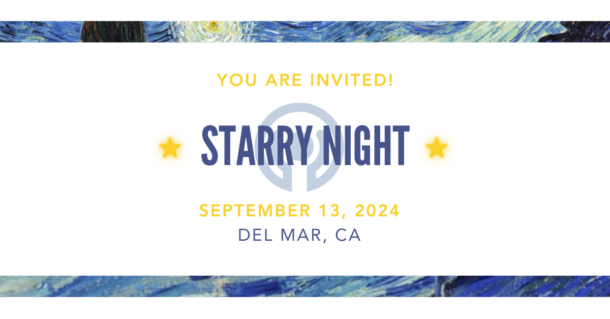Author: Lisa MacDonald
I was diagnosed as a young teen with a mental illness but I hid it from others. I was so ashamed and embarrassed about it. Even my best friends didn’t know how badly I was suffering. I didn’t realize this until much later, but keeping it to myself, especially spending all of my energy hiding it from everyone, just kept the cycle of guilt and shame alive. I didn’t even realize how common it is to struggle with mental health.
Fast-forward to age 20 and I was just getting discharged from hospital following a suicide attempt. The doctor and social worker encouraged me to attend an outpatient recovery program. I figured I had nothing to lose so I agreed to attend the group program.
The night before I started I could hardly sleep. I was going to be around other people, and they’ll know I have mental health problems. Was this a mistake? Should I have said no? These thoughts just kept repeating in my head, and I kept thinking that this program wouldn’t make any difference.
I was so nervous on that first day, but my fears quickly disappeared once I sat down and heard the first person speak. I am pretty sure my mouth was hanging open. I couldn’t believe this person was taking the words right out of my mouth. His story was different, but the feelings were the same. I remember feeling more at ease and so relieved that I was not the only one that felt these things. The group program became a turning point in my life. Everyone was so supportive, so encouraging. I shared things in that room that I had never said out loud before. Not even to my therapist or doctor.
A few years later, I was interested in an advertisement I saw for a patient advocate spot on a peer support advisory committee. I wasn’t familiar with the term peer support, but once I researched it online, I was convinced I would be great for the position.
Peer support is defined as “emotional and practical support between two people who share a common experience, such as a mental health challenge or illness. A Peer Supporter has lived through that similar experience, and is trained to support others.”
Peer support is also evidence based (according to Peers for Progress). “Overall, studies have found that social support:
- decreases morbidity and mortality rates
- increases life expectancy
- increases knowledge of a disease
- improves self-efficacy
- improves self-reported health status and self-care skills, including medication adherence
- reduces use of emergency services.
Additionally, providers of social support report less depression, heightened self-esteem and self-efficacy, and improved quality of life.”
A program was about to be designed for trained peer support workers with lived experience to support those in need. I applied and got the spot on the committee. Watching how the program would unfold and surrounding myself amongst caring mental health professionals was an amazing experience. It really hit home how important the power of peer support is. As a person with a mental illness, I never thought that I could actually be an asset. I never thought my bad experiences could help shape something so organic and beautiful. But I was wrong.
I got my peer support certification. After previously taking Applied Suicide Intervention Skills Training and Mental Health First Aid, Peer Support training was another amazing experience. All of us with lived experience wanted to make a difference in the lives of others.
There is so much power in fighting stigma and saying, “No, we are not ashamed. We are not embarrassed. We are not alone.”


